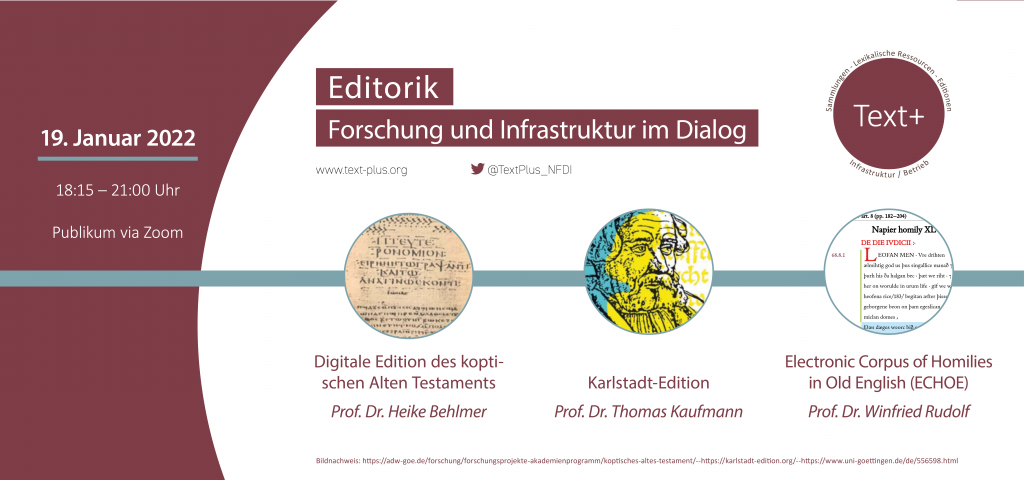
Veranstaltungsankündigung: 20.06.2023, Impactful Citizen Science in the social sciences and humanities – a hands-on workshop exploring Participatory Research practices and a new tool to support them (Bonn)
Deutsche Workshopbeschreibung
Participatory Research/Citizen Science in sozial- und geisteswissenschaftlichen Disziplinen beinhaltet in der Regel kleine, intensive Kooperationen zwischen Mitgliedern akademischer Einrichtungen (Hochschulen und andere Forschungseinrichtungen) und Mitgliedern nicht-akademischer Organisationen, die direkt mit der Gemeinschaft zusammenarbeiten (Community- basierte Organisationen, Nichtregierungsorganisationen, Zivilverbände, kleine Unternehmen usw.). Die VERA-Plattform dient als „Kollaboratorium“, in dem partizipative Forschungs-/Citizen-Science-Projekte realisiert und neue Kooperationen aufgebaut werden können. Durch ihr Profiling- und Matchmaking-Tool, Projektmanagementfunktionen und eine Förderfinanzierungsdatenbank hilft VERA Projekten, diese zu anzufangen, zu organisieren und die notwendige Finanzierung zu finden.
Bei diesem interaktiven Workshop teilen die Teilnehmer:innen ihre Erfahrungen über die verschiedenen Dimensionen der Praxis der Participatory Research/Citizen Science im Bereich der Sozial- und Geisteswissenschaften und erhalten Anleitungen zur Verwendung des neu veröffentlichten VERA Plattform, um die Anforderungen ihres Projekts bestmöglich zu erfüllen.
[...]
Quelle: https://dhd-blog.org/?p=19380


